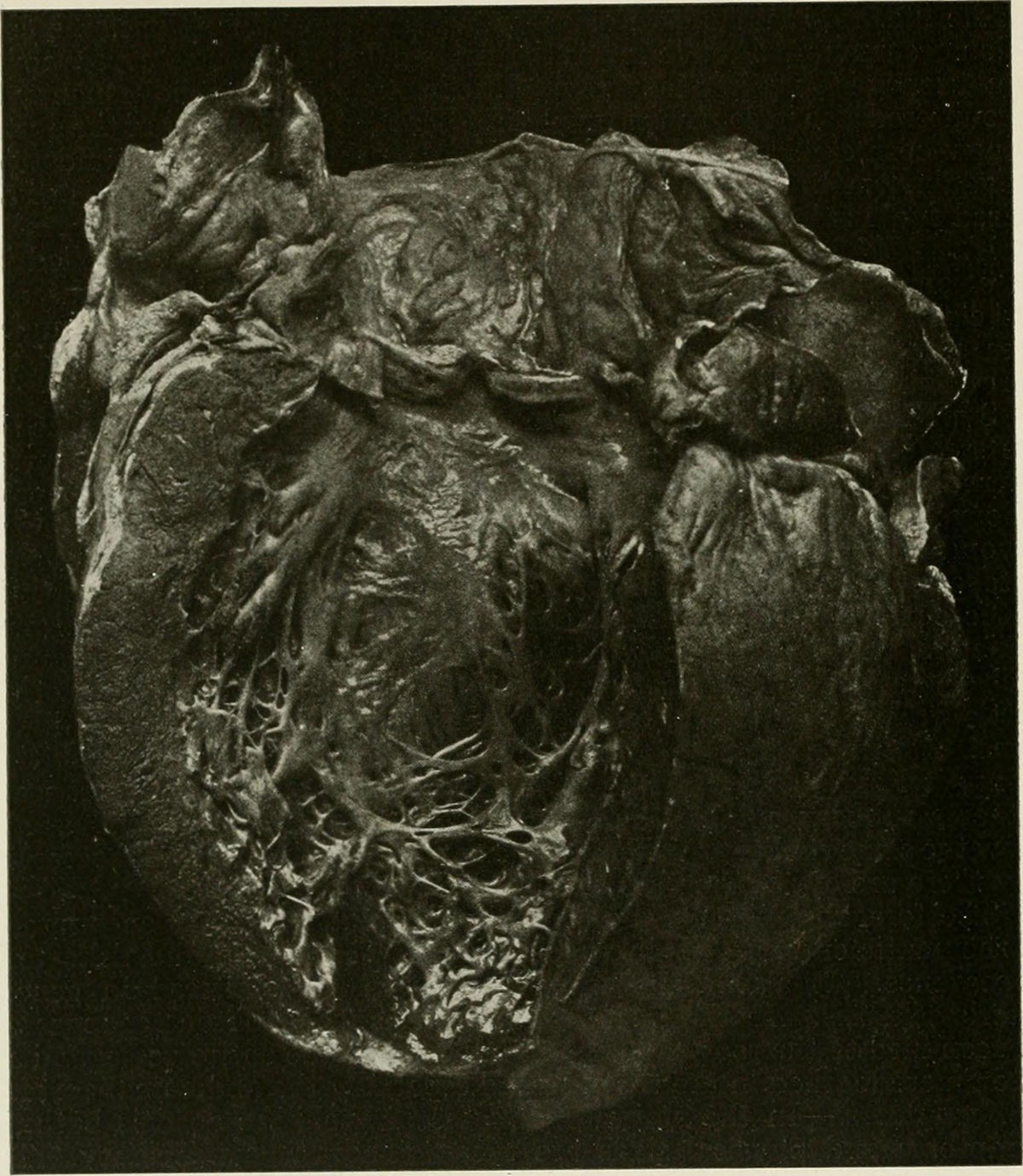
Angina
Angina can be classified into stable and unstable form. There is an additional form of angina called variant angina. In stable angina the pain in the chest is persistent or recurrent and is caused by exertion and strenuous activities. In unstable angina patients report sudden chest pain. And finally, variant angina also known as Prinzmetal's angina is a bit different from the previous two forms since the lack of oxygen is actually caused by a spasm of coronary artery.
Symptoms of Angina
The leading symptom is chest pain. The pain may radiate towards arms, neck and jaw. Additional symptoms include nausea, excessive sweating, tiredness and weakness. Patients are nervous, anxious and sometimes complain about shortness of breath. Even dizziness may occur.
The intensity of symptoms and their length vary among patients. The important thing is to recognize the change in chest pain if it occurs since this may point to development of heart attack.
Characteristics of Different Forms of Angina
Stable angina occurs when the body is under too much physical or mental stress. This can happen during exercises. The pain does not last long and it withdraws during rest and if the medications are taken. Some patients have reported that their attack of stable angina resembled indigestion. The pain may be localized onto the chest or can radiate towards arms, or back.
In unstable angina the pain occurs during rest and cannot be expected. It lasts longer than the pain in stable angina. The pain does not withdraw during rest and in some cases may point to heart attack.
And, Prinzmetal's angina commonly occurs during rest and can be severe. This type of angina can be brought under control with medications.
There is not much difference in the symptoms of the disease between men and women. However, women can complain about stabbing, pulsating or even sharp chest pain. Furthermore, women most commonly develop additional symptoms including nausea and abdominal pain. They even suffer from shortness of breath more comparing to men.
People who have the attack need to sit down, take their medications and in case the symptoms do not withdraw after short period of time they should call 911 or emergency medical help.



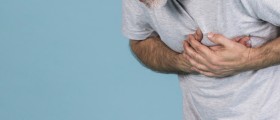
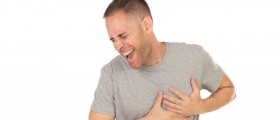







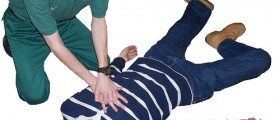
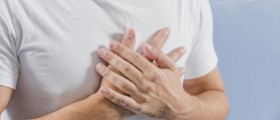

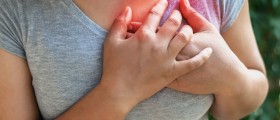

Your thoughts on this
Loading...